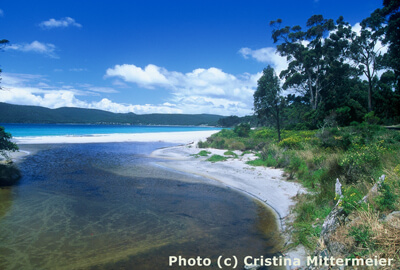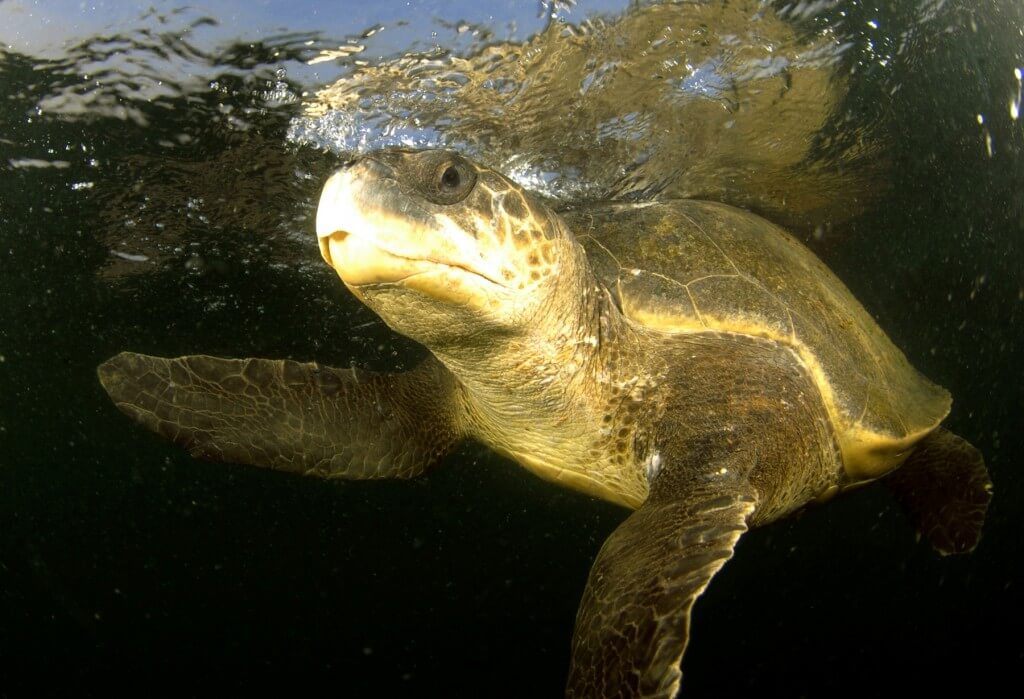We have a pretty good idea of what we mean by “wilderness” on land, but not nearly so much when we look toward the sea. We have called quite a few places in the ocean and along the coast “wilderness”, but only a small number of these areas actually have been established as “wilderness” under law or policy. We do have around a dozen designated wilderness areas in ocean and coastal waters in the United States, and a very small handful of areas in other countries around the world, but many fewer than our more informal “wilderness” self-identification of marine protected areas would suggest.
It has been said that wilderness is “what we believe it to be”. Therefore, this human perception of wilderness is important in shaping how we, as a culture, appropriately identify it to most effectively provide its inherent value in conserving ecosystems, and ultimately so that it can be appropriately preserved for future generations. For many, the idea of wilderness is deeply rooted in our collective history and heritage, and, therefore, while we may not know whether a particular area has been formally designated as wilderness under some law or policy, we know it when we see it.
The Marine Wilderness Collaborative and similar efforts related to the World Wilderness Congress have started to shape the concept of marine wilderness. Several other efforts are underway.
For example, a targeted survey is being conducted by our colleague Brad Barr (as part of his PhD dissertation at the University of Alaska) to help guide and inform the development of a robust definition for “ocean wilderness”, sometimes called “wilderness waters.” The purpose of the survey is to gather information on the views, beliefs, and perceptions of resource managers, scientists in relevant disciplines, and wilderness specialists (but all are welcome to participate) regarding the potential wilderness qualities of areas of the ocean and coastal waters.
The survey is targeted at illuminating how our collective perceptions of wilderness might be more robustly applied to defining areas of coastal and ocean waters that possess what we believe to be sufficient wilderness qualities and attributes appropriate and necessary for more formal wilderness designation.
The fine print……Your participation in this research study is voluntary. You may choose not to participate. If you decide to participate in this research survey, you may withdraw at any time. The procedure involves answering questions contained in an online survey that will take approximately 25 minutes to complete. Your responses will be confidential. No identifying information such as your name, email address or IP address is being collected as part of the study. All data is stored in a password protected electronic format. While the “SurveyMonkey” service being used to the conduct the survey is very secure, great attention is being given to keeping your information completely confidential. The results of this study will be used for scholarly purposes only, and all survey information published will be limited to the synthesized results of the analysis of the response data.
If you have any questions about your rights as a research participant, contact Dr. Claudia Lampman, Compliance Officer for the Office of Research Studies and the Graduate School, University of Alaska Anchorage at 907-786-1099. If you have any questions about the research study, please feel free to contact Brad Barr at bwbarr (at) alaska.edu. Thank you very much in advance for taking the time to share your thoughts about this important topic.



marine wildlife is a whole new experience. i’m a lifetime diver and every dive is something new.